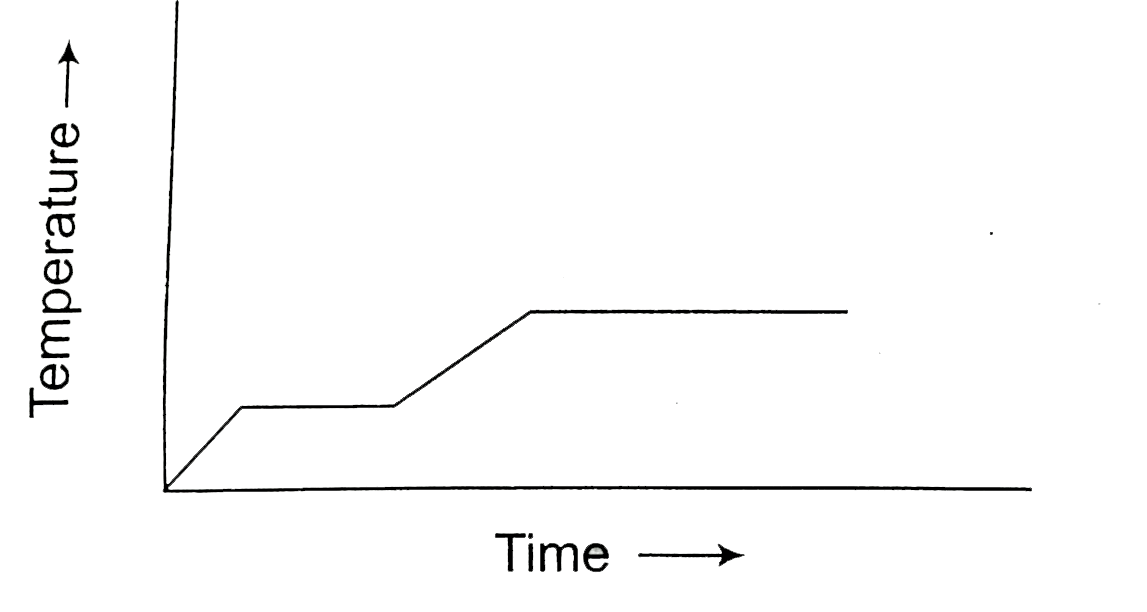Whicih of the following in solids, liquids and gases has largest specific heat?
copper
water
hydrogen
mercury
The correct Answer is:C
Step by step video, text & image solution for Whicih of the following in solids, liquids and gases has largest specific heat? by Physics experts to help you in doubts & scoring excellent marks in Class 12 exams.
Topper's Solved these Questions
- BOOK - NIKITA PUBLICATIONCHAPTER - KINETIC THEORY OF GASES & RADIATION EXERCISE - MCQs (Thermodynamics)56videos
KINETIC THEORY OF GASES & RADIATION
- BOOK - NIKITA PUBLICATIONCHAPTER - KINETIC THEORY OF GASES & RADIATION EXERCISE - MCQs (Absorption, reflection and transmission of heat radiation)65videos
KINETIC THEORY OF GASES & RADIATION
- BOOK - NIKITA PUBLICATIONCHAPTER - KINETIC THEORY OF GASES & RADIATION EXERCISE - MCQs (Presure exerted by the gas molecule and kinetic energy)91videos
KINETIC THEORY OF GASES & RADIATION
- BOOK - NIKITA PUBLICATIONCHAPTER - INTERFERENCE AND DIFFRACTIONEXERCISE - MULTPLE CHOICE QUESTIONS333videos
INTERFERENCE AND DIFFRACTION
- BOOK - NIKITA PUBLICATIONCHAPTER - MAGNETIC EFFECT OF ELECTRIC CURRENTEXERCISE - MCQs (Sensitivity and accuracy of M.C.G.)1videos
MAGNETIC EFFECT OF ELECTRIC CURRENT
Similar Questions
Knowledge Check
- Question 1 - Select One
Which of the following substances has the greatest specific heat capacity
AIronBWaterCMercuryDSalt - Question 2 - Select One
Which of the following properties is different for solids, liquids and gases?
Amovement of moleculesBparticle size of the substanceCmass of the substanceDenergy exchanges - Question 3 - Select One
Which of the following properties is different for solids, liquids and gases?
AMovement of moleculesBParticle size of the substanceCMass of the substanceDEnergy exchanges
Which of the following noble gases has the largest van der Waal's redius?
View SolutionWhich of the following substances has the lowest value of specific heat
View Solution
Heat is supplied to a certain homogeneous sample of matter, at a uniform rate. Its temperature is plotted against time, as shown Which of the following conclusions can be drawn?
(i) Its specific heat capacity is greater in the solid state than the liquid state.
(ii) Its specific heat capacity is greater in the liquid state than in the solid state.
(iii) Its latent heat of vaporization is greater than its latent heat of fusion.
(iv) Its latent heat of vaporization is smaller than its latent heat of fusionView SolutionWhich of the following has the highest specific heat?
View SolutionWhich of the following has the highest specific heat?
View Solution

